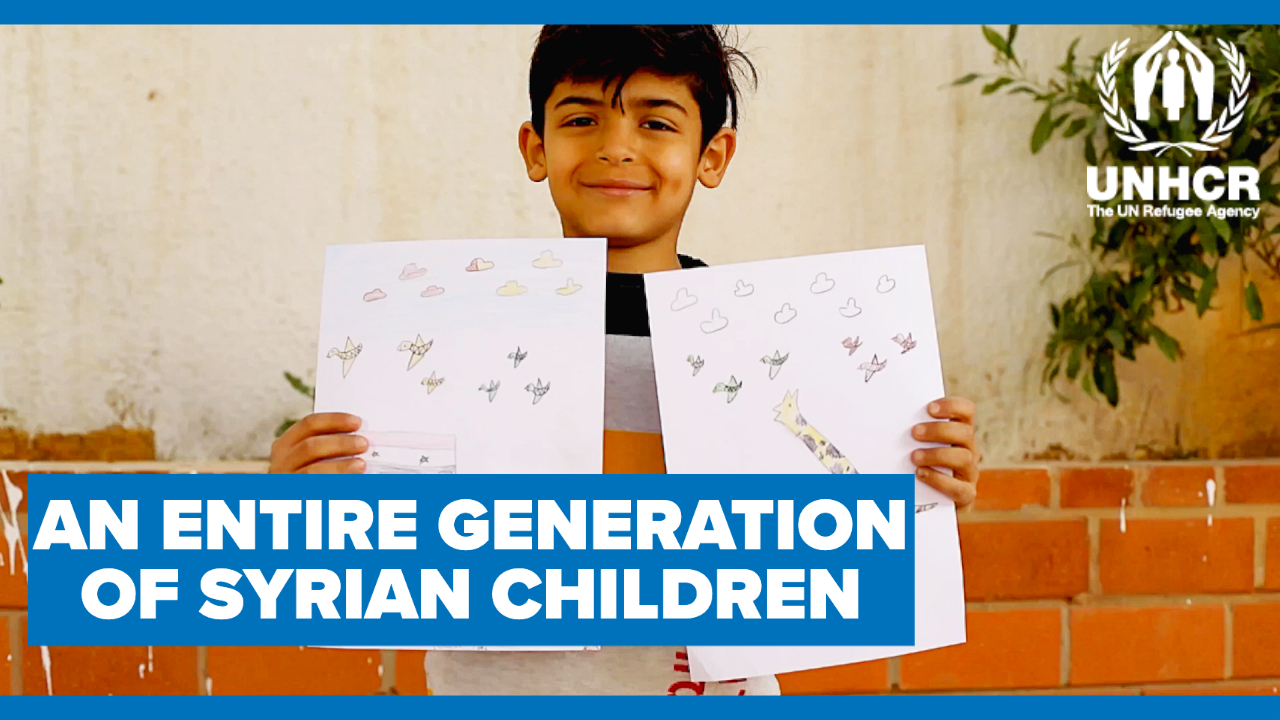Iraq: Reports of Iranian displacement northwards
Iraq: Reports of Iranian displacement northwards
A UN refugee agency team is in the northern Iraqi town of Kalar today to look into reports that large numbers of Iranian refugees have left Al Tash refugee camp, located west of the Iraqi capital, and relocated to the north because of insecurity and a lack of assistance.
Our team in Kalar, some 140 km south-east of Sulaymaniyah, this morning met with representatives of the Iranian ethnic Kurdish refugees from Al Tash camp and local authorities. We were told that 405 of the ex-Al Tash refugees are in Kalar District, and that more were expected to leave Al Tash camp due to insecurity and insufficient assistance. Al Tash is two hours west of Baghdad, near Ramadi.
A UNHCR team visited Al Tash camp, which is currently a no-go zone for aid workers. The security problems in the Al Tash area are such that it makes it very difficult for us to make regular contact with the refugees.
Before the recent conflict, more than 12,000 Iranian ethnic Kurdish refugees, exiles since the Iran-Iraq war, resided in Al Tash camp. Coalition forces had promised to organize regular patrols of the camp and the surrounding community. Since early April, some 1,000 Al Tash refugees have fled the camp for a makeshift site in the no man's land on Iraq's border with Jordan, citing the fragile security situation in the area and inadequate food and water. The refugees we met today in Kalar had much the same story regarding their long-time refugee camp, and said that they expect other Al Tash refugees to also try to move north in coming days.
Other refugee groups also continue to face problems in Iraq. Iranian refugees settled around Dujaila, Ali Al Gharbi and Al Kumeit reportedly continue to move in small numbers towards the Shahrani border crossing with Iran. They say that they are having to leave their settlements because they have been harassed in recent months, and now want to return to Iran.
Another group of 234 Iranians who left their homes because of insecurity is also encamped at the Shalamsha border and an old transit centre in Basra. They, too, want to return to Iran.
Alarming attacks on relief agencies have also taken place in recent days. Following the grenade attack on the World Food Programme's premises in Mosul on Sunday night that injured a guard and caused minor damage, UNHCR and WFP temporarily withdrew their international staff from the northern city for a 48-hour period while the situation was assessed. IOM's [the International Organization for Migration] office in Mosul was attacked on Saturday. These were the first attacks on international relief organizations in Iraq since the fall of the Saddam Hussein regime.








